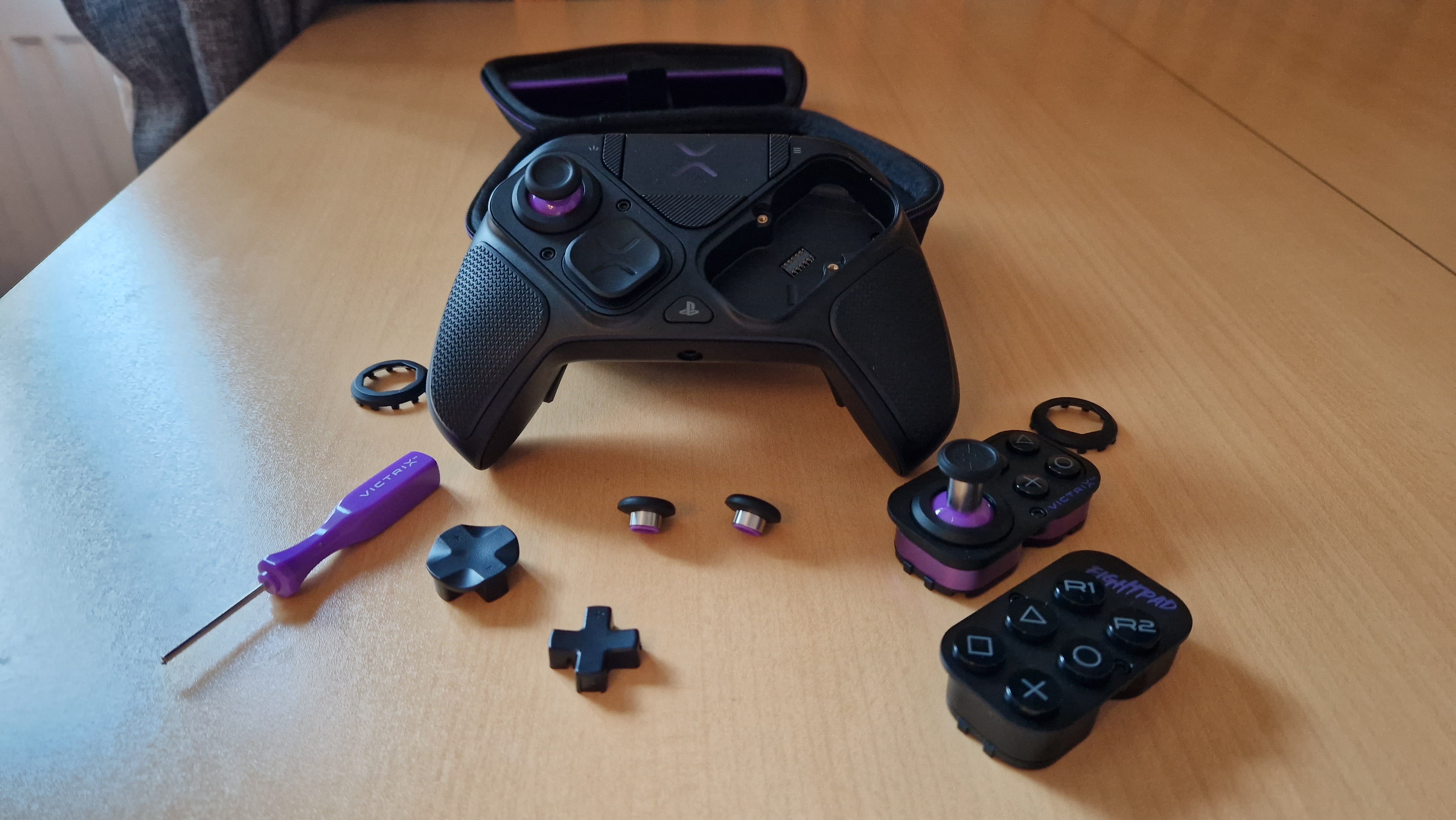Surveying the Landscape of the Video Game Controller Market
The video game industry, a dynamic realm where innovation knows no bounds, has witnessed a surge in demand for immersive gaming experiences. At the forefront of this evolution is the video game controller, an integral component that bridges the virtual world with the player’s physical interaction. This article embarks on an evaluation of the global video game controller market, exploring its current state, key players, technological advancements, and the factors driving its growth.

Riding the Waves of Technological Advancements: The Evolution of Video Game Controllers
The history of video game controllers is a journey marked by continuous innovation. From the rudimentary joysticks of the past to the sophisticated, motion-sensitive controllers of today, technological advancements have been instrumental in shaping the gaming experience. The integration of haptic feedback, touch-sensitive surfaces, and adaptive triggers has elevated controllers to a level where they become extensions of the player’s virtual persona.
Market Dynamics: Unveiling the Growth Factors
The global video game controller market is propelled by a confluence of factors. The burgeoning popularity of esports, the rise of virtual reality (VR) gaming, and the increasing disposable income of consumers contribute to the market’s expansion. Additionally, the continuous release of cutting-edge gaming consoles and the demand for backward-compatible controllers further fuel the market’s growth.
Key Players: Navigating the Competitive Landscape
In a market teeming with innovation, key players vie for supremacy. Companies such as Sony, Microsoft, Nintendo, and Logitech dominate the landscape, each bringing its unique strengths and innovations to the table. The competition extends beyond the console giants, with third-party manufacturers contributing to the market diversity, offering specialized controllers catering to niche gaming genres.
The Console Wars: Impact on Video Game Controller Market Trends
The perennial console wars between industry giants Sony and Microsoft not only shape the gaming landscape but also influence video game controller market trends. Each new console release brings forth a corresponding evolution in controllers, introducing features that enhance gameplay, increase responsiveness, and push the boundaries of immersion. The interplay between consoles and controllers creates a symbiotic relationship that drives innovation in both realms.
The Rise of Esports: A Catalyst for Specialized Controllers
Esports has emerged as a cultural phenomenon, with competitive gaming tournaments drawing massive global audiences. This surge in esports popularity has led to a demand for specialized controllers tailored to the unique requirements of professional gamers. Customizable layouts, programmable buttons, and ergonomic designs are becoming standard features as the video game controller market adapts to the needs of this rapidly growing segment.
Challenges in the Gaming Arena: Addressing Controller Compatibility and Accessibility
As the video game industry expands, challenges arise. Compatibility issues between controllers and different gaming platforms remain a concern. Manufacturers are increasingly focusing on universal compatibility, ensuring that controllers can seamlessly integrate with various consoles and devices. Moreover, efforts to enhance accessibility, with considerations for gamers with disabilities, are gaining prominence, fostering inclusivity within the gaming community.
The Impact of the COVID-19 Pandemic: A Boost for the Video Game Industry
The global COVID-19 pandemic has reshaped consumer behaviors and preferences. With lockdowns and social distancing measures in place, the demand for home entertainment, including video games, soared. This surge in demand had a direct impact on the video game controller market, driving sales as more individuals turned to gaming as a primary form of indoor entertainment.
Future Projections: Navigating the Uncharted Realms
Peering into the future of the global video game controller market unveils a landscape ripe for innovation. The integration of artificial intelligence, enhanced gesture controls, and further strides in haptic technology are on the horizon. As gaming experiences become more immersive and diverse, controllers will evolve to meet the demands of an increasingly discerning and technologically savvy gaming community.
Conclusion: Playing Forward into the Future
In the grand tapestry of the video game industry, controllers are the conduits that translate digital dreams into tangible experiences. The evaluation of the global video game controller market is not just an examination of a thriving industry; it’s a glimpse into the future of interactive entertainment. As technology advances and gaming landscapes shift, the video game controller market will continue to be a dynamic arena, shaping the way we play and experience virtual worlds.


